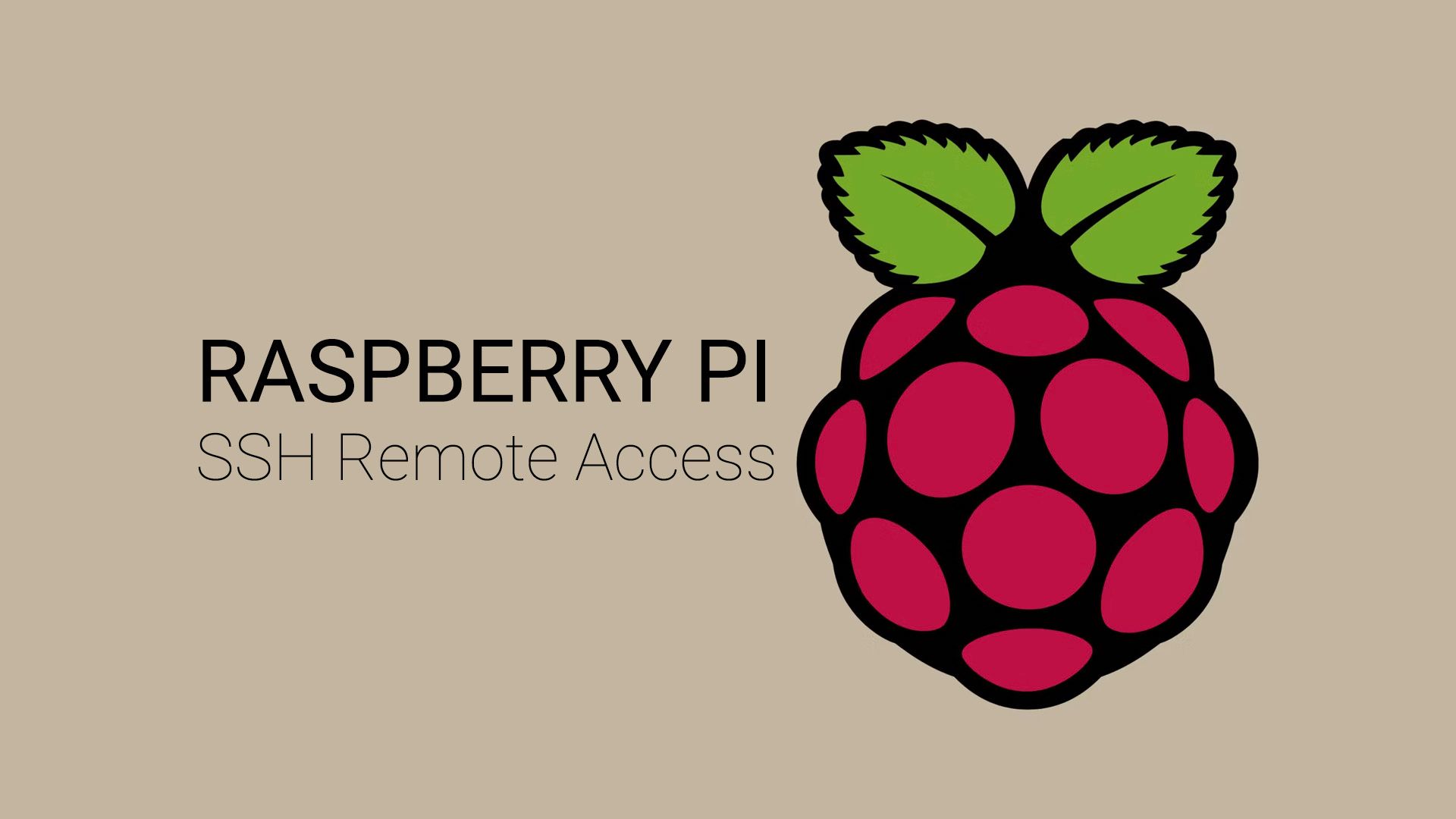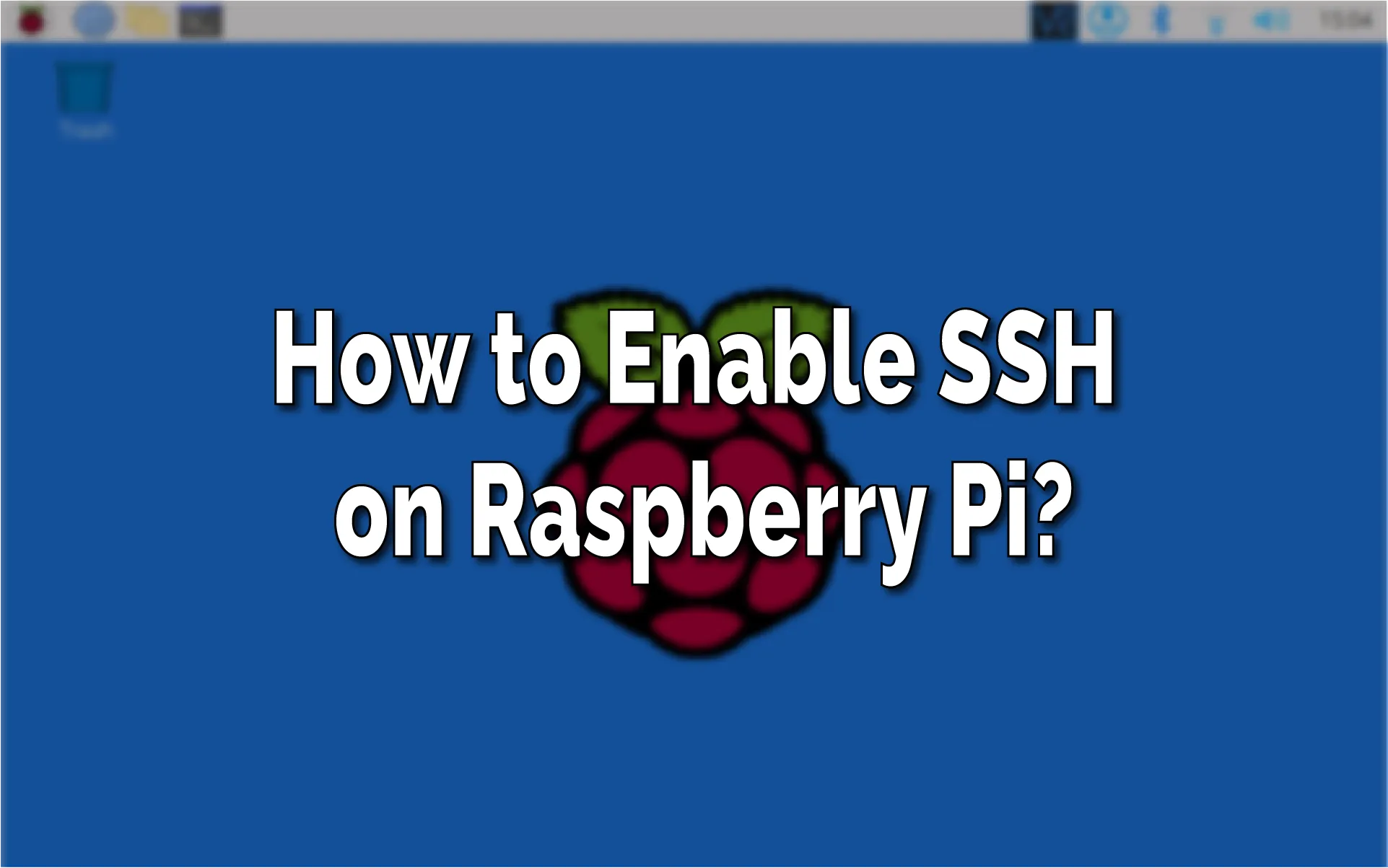Hey there tech enthusiasts! If you've been diving into the world of IoT (Internet of Things) or exploring the capabilities of Raspberry Pi, you’ve probably come across the term "remote IoT platform." But what exactly does it mean, and why should you care? Well, let me break it down for you. Unlocking the power of a remote IoT platform is like opening the door to a whole new universe of possibilities, especially when it comes to managing SSH keys on your beloved Raspberry Pi. Imagine having full control over your devices from anywhere in the world without breaking the bank. Sounds cool, right? Stick around because we’re about to dive deep into this topic.
Nowadays, remote IoT platforms are becoming a game-changer for hobbyists, developers, and even businesses. Whether you’re tinkering with a personal project or building a scalable system, managing SSH keys efficiently can save you a ton of time and effort. And guess what? You don’t need to spend a dime to get started. Free SSH key management solutions are out there, waiting for you to take advantage of them. So, if you’re ready to level up your Raspberry Pi game, keep reading!
In this article, we’ll explore everything you need to know about remote IoT platforms, SSH key management, and how they work together seamlessly. By the end of it, you’ll have all the tools and knowledge to unlock the full potential of your Raspberry Pi projects. Let’s get started!
- Breaking Terry Francona Hired What It Means For The Reds Mlb
- Big Meechs Net Worth From Millions To Now 2024 Update
Table of Contents
- What is RemoteIoT Platform?
- Raspberry Pi Overview
- Why SSH Key Management Matters
- Free SSH Key Management Solutions
- Setting Up SSH on Raspberry Pi
- Accessing Your Raspberry Pi Remotely
- Best Practices for SSH Management
- Security Considerations
- Real-World Applications
- Conclusion
What is RemoteIoT Platform?
Alright, let’s start with the basics. A remote IoT platform is essentially a bridge that connects your IoT devices to the cloud, allowing you to manage, monitor, and control them from anywhere. Think of it as a control center for all your smart gadgets, including Raspberry Pi. These platforms provide a centralized dashboard where you can configure settings, analyze data, and troubleshoot issues without being physically present.
One of the coolest features of remote IoT platforms is their ability to handle SSH key management. If you’re not familiar with SSH (Secure Shell), it’s a protocol used to securely connect to remote devices. Managing SSH keys is crucial because it ensures that only authorized users can access your devices. With a remote IoT platform, you can automate this process, saving you time and reducing the risk of errors.
Now, here’s the best part: many remote IoT platforms offer free SSH key management solutions specifically designed for devices like Raspberry Pi. This means you can enjoy all the benefits of secure remote access without spending a cent. How awesome is that?
- Kennedys Fox News Net Worth Secrets Revealed Updated
- Chi Mcbrides Net Worth From Chicago To Hollywood Beyond
Why Choose RemoteIoT Platforms?
There are several reasons why remote IoT platforms have gained popularity among tech enthusiasts:
- Convenience: Manage multiple devices from a single dashboard.
- Security: Implement robust security measures to protect your devices.
- Scalability: Easily expand your setup as your projects grow.
- Cost-Effective: Free solutions make it accessible for everyone.
Raspberry Pi Overview
Before we dive deeper into SSH key management, let’s take a quick look at Raspberry Pi. For those who aren’t familiar, Raspberry Pi is a credit-card-sized computer that can run a full-fledged operating system. It’s incredibly versatile and can be used for a wide range of applications, from home automation to robotics and beyond. What makes Raspberry Pi so appealing is its affordability and ease of use.
When it comes to remote access, Raspberry Pi is a dream come true. With the right setup, you can control it from anywhere in the world using SSH. However, managing SSH keys manually can be a hassle, especially if you have multiple devices. That’s where remote IoT platforms come in handy.
Key Features of Raspberry Pi
Raspberry Pi offers a variety of features that make it ideal for IoT projects:
- Compact Size: Small enough to fit anywhere.
- Low Power Consumption: Perfect for battery-powered projects.
- Open Source: A vibrant community and tons of resources.
- Cost-Effective: Affordable pricing makes it accessible to everyone.
Why SSH Key Management Matters
SSH key management might sound like a technical term, but it’s actually pretty straightforward. Essentially, it’s the process of generating, distributing, and revoking SSH keys to ensure secure access to your devices. Without proper key management, your Raspberry Pi could be vulnerable to unauthorized access, which is definitely something you want to avoid.
Here’s why SSH key management is so important:
- Security: Prevent unauthorized access by using strong, unique keys.
- Convenience: Automate the process to save time and reduce errors.
- Compliance: Meet industry standards and regulations for secure access.
Remote IoT platforms simplify this process by providing tools and features specifically designed for SSH key management. Whether you’re managing a single Raspberry Pi or an entire fleet of devices, these platforms have got you covered.
Free SSH Key Management Solutions
Now, let’s talk about the elephant in the room: cost. The good news is that there are plenty of free SSH key management solutions available, especially for Raspberry Pi users. These solutions are often integrated into remote IoT platforms, making them easy to use and highly effective.
Here are a few popular options:
- Cloudflare Zero Trust: Offers free SSH key management with advanced security features.
- Resin.io (Now Balena): Provides a user-friendly interface for managing SSH keys on Raspberry Pi.
- Adafruit IO: A free platform with built-in support for SSH key management.
Each of these solutions has its own strengths, so it’s worth exploring them to find the one that best fits your needs. Plus, they’re all backed by reputable companies, so you can trust that your data is safe.
Setting Up SSH on Raspberry Pi
Setting up SSH on your Raspberry Pi is easier than you might think. Here’s a step-by-step guide to help you get started:
Step 1: Enable SSH on your Raspberry Pi. You can do this by navigating to the Raspberry Pi Configuration menu and checking the box for SSH.
Step 2: Generate an SSH key pair. You can use tools like PuTTY or OpenSSH to create your keys.
Step 3: Copy the public key to your Raspberry Pi. This can be done using the ssh-copy-id command or by manually adding it to the authorized_keys file.
Step 4: Test your connection by logging in to your Raspberry Pi using the private key.
That’s it! With these simple steps, you’ll have SSH up and running on your Raspberry Pi in no time.
Accessing Your Raspberry Pi Remotely
Once you’ve set up SSH, the next step is accessing your Raspberry Pi remotely. This is where remote IoT platforms shine. By connecting your Raspberry Pi to a platform like Cloudflare Zero Trust or Balena, you can access it from anywhere in the world using a secure connection.
Here’s how it works:
- Install the Platform Agent: Most platforms require you to install a small agent on your Raspberry Pi.
- Configure Access Rules: Set up rules to control who can access your device.
- Connect via SSH: Use the platform’s interface to establish a secure connection.
With remote access, you can monitor your Raspberry Pi’s performance, update software, and troubleshoot issues without being physically present. It’s like having a personal assistant for your devices.
Best Practices for SSH Management
To ensure the best possible experience with SSH key management, here are a few best practices to keep in mind:
- Use Strong Keys: Generate long, complex keys to enhance security.
- Regularly Rotate Keys: Replace old keys with new ones to minimize risks.
- Limit Access: Only grant access to trusted users and devices.
- Monitor Activity: Keep an eye on login attempts and suspicious behavior.
By following these practices, you’ll significantly reduce the chances of unauthorized access and keep your Raspberry Pi projects safe.
Security Considerations
When it comes to remote IoT platforms and SSH key management, security should always be a top priority. Here are a few things to consider:
- Firewall Settings: Configure your firewall to allow only necessary traffic.
- Regular Updates: Keep your software and firmware up to date to patch vulnerabilities.
- Two-Factor Authentication: Add an extra layer of security by enabling 2FA.
Remember, security is a continuous process. Stay informed about the latest threats and take proactive steps to protect your devices.
Real-World Applications
So, how can you apply all this knowledge in the real world? Here are a few examples of how remote IoT platforms and SSH key management can be used:
- Home Automation: Control smart home devices from anywhere.
- Remote Monitoring: Keep an eye on environmental conditions using sensors.
- Industrial IoT: Manage industrial equipment and optimize operations.
The possibilities are endless, and the only limit is your imagination. With the right tools and knowledge, you can create innovative solutions that make a real difference.
Conclusion
And there you have it, folks! Unlocking the power of remote IoT platforms and leveraging free SSH key management solutions can revolutionize the way you work with Raspberry Pi. Whether you’re a hobbyist or a professional developer, these tools offer incredible benefits in terms of convenience, security, and scalability.
To recap, we’ve covered:
- What remote IoT platforms are and why they matter.
- How SSH key management enhances security and efficiency.
- Free solutions available for managing SSH keys on Raspberry Pi.
- Best practices for setting up and maintaining secure connections.
So, what are you waiting for? Dive into the world of remote IoT platforms and start unlocking the full potential of your Raspberry Pi projects. And don’t forget to share your thoughts and experiences in the comments below. Happy tinkering!
- Kraft Heinz Net Worth 2025 A Deep Dive Family Secrets
- Magda Gabor The Untold Story Of The Eldest Gabor Sister


